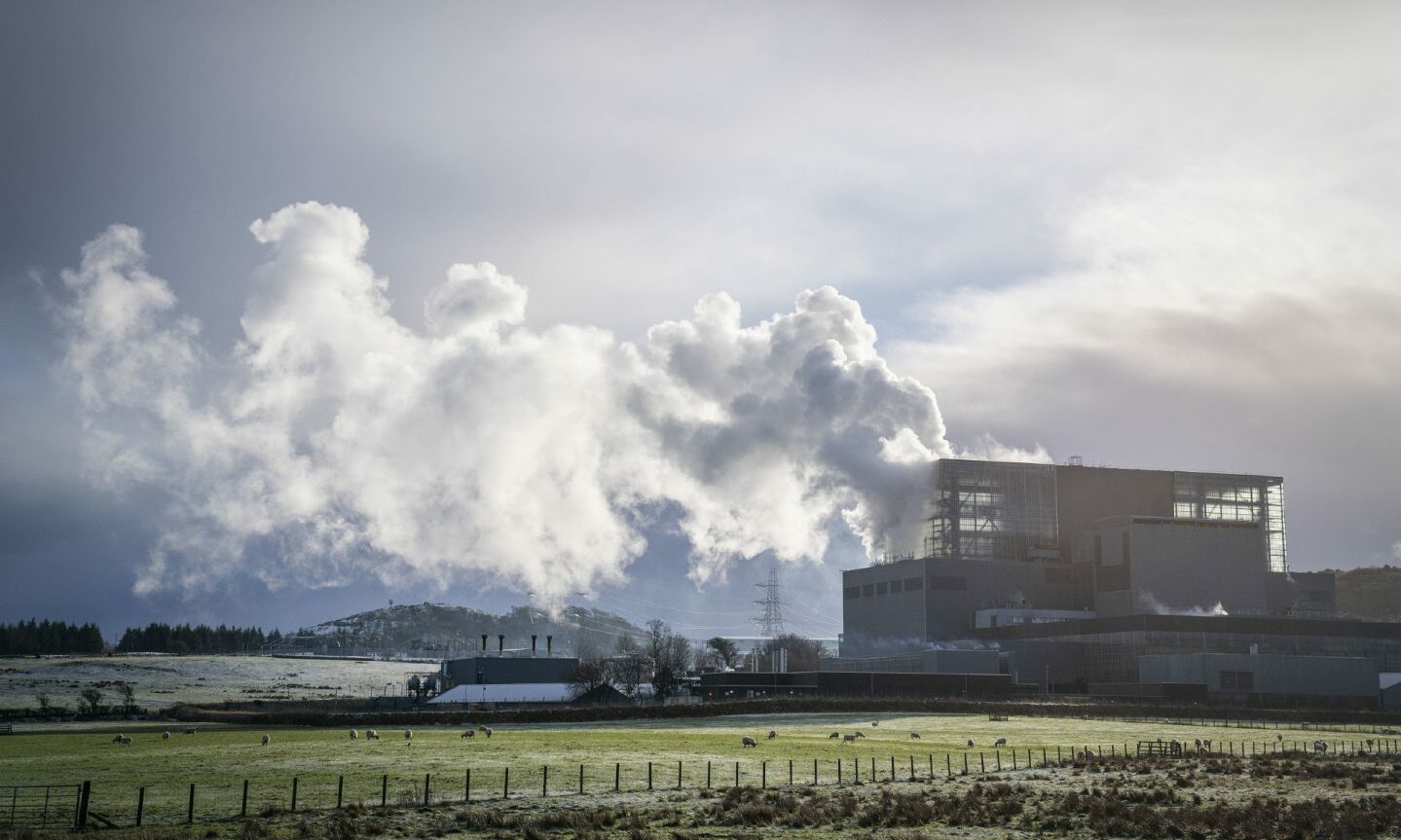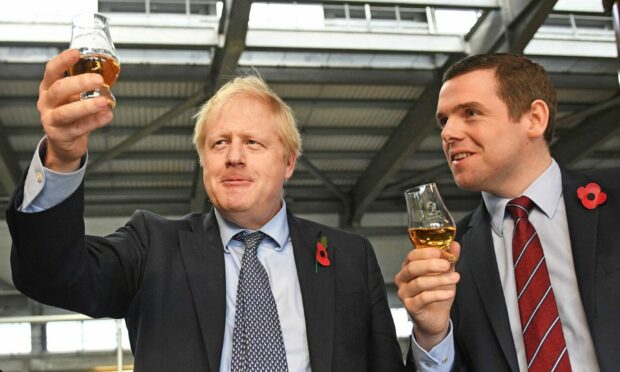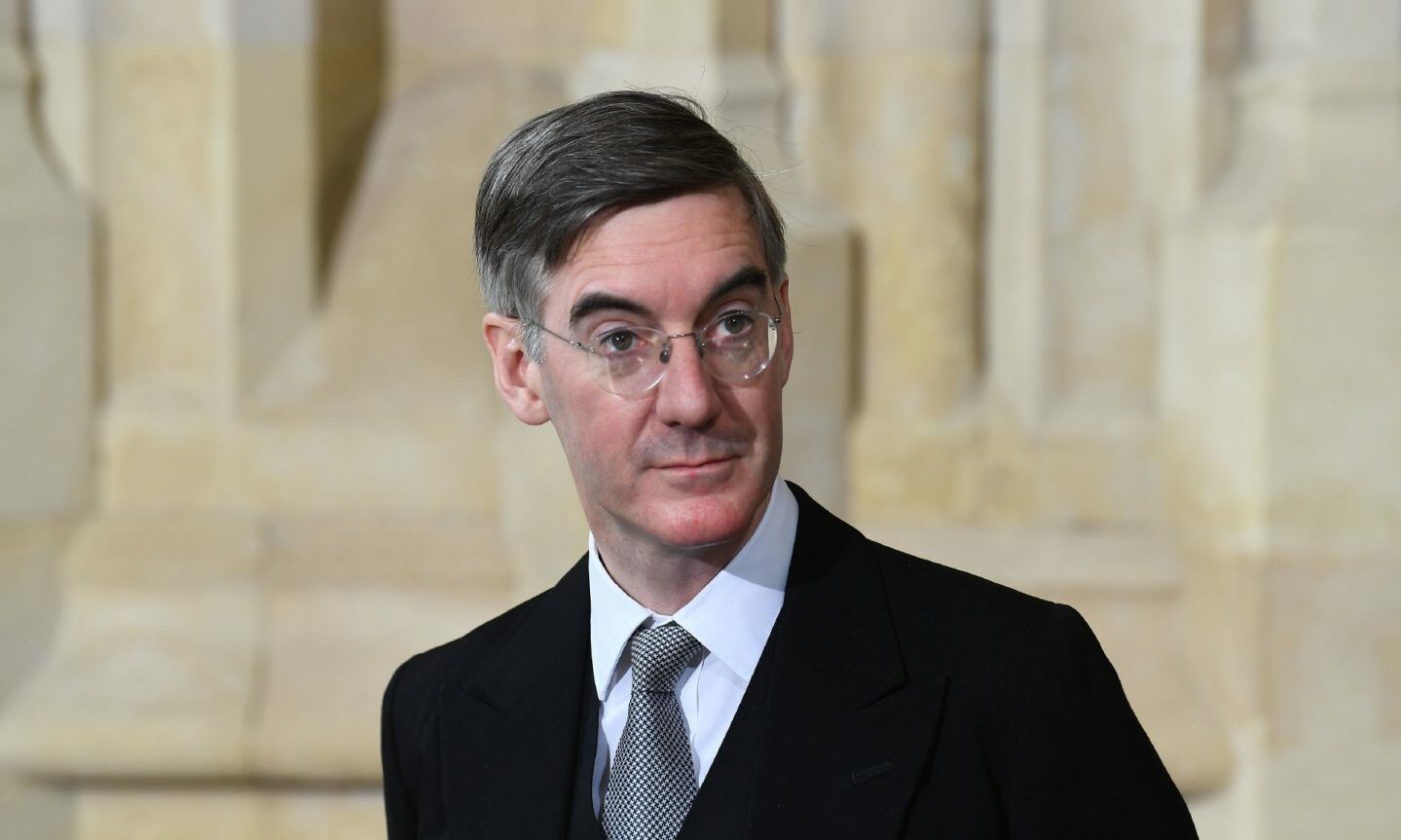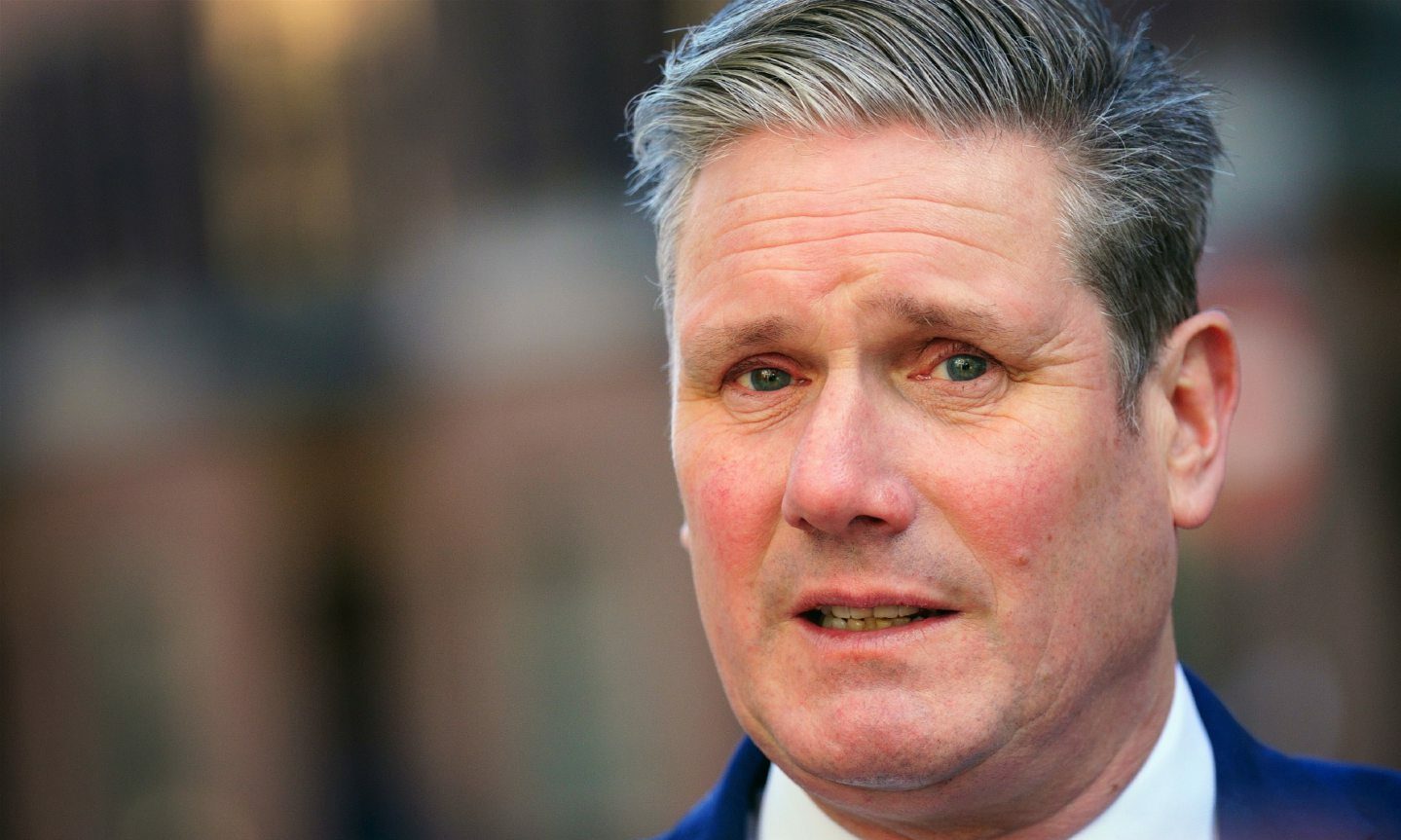Prime Minister Boris Johnson is heading to the Granite City on Friday in what he hopes will be a display of a unity in front of politicians who were calling for his resignation just weeks ago.
He’s taking part in the Scottish Conservative party conference in Aberdeen, knowing he needs to build bridges.
Mr Johnson intends to focus on the war in Ukraine.
But there are serious questions over his handling of the route out of Covid, a growing cost of living crisis, economic pressure and the extend of financial support for Scotland.
Here are the main talking points for the March 18-19 conference in Aberdeen.
1. Will Douglas Ross find his voice?
Forget the opening act, the conference is supposed to close with a stirring speech from Douglas Ross, the MP for Moray.
But on Thursday the party confirmed he’d lost his voice and his throat had “seized up”.
Not a great start for a man now facing jokes about doing anything to get out of sharing a stage with the boss he wanted to fire.
Confirming his illness, the party said: “His throat has seized up, which has left him unable to speak.”
Anxious Tory staff hope he’ll recover to make a “shortened” speech on Saturday.
2. Can the Tories heal party divisions?
Mr Ross was quick to call for the prime minister’s resignation weeks ago when the shocking Downing Street parties hit the headlines.
Now given the obligatory “partygate” label, the scandal engulfed Mr Johnson.
Mr Ross had also sparked a nasty spat between Holyrood and Westminster with his demands and was even branded a “lightweight” by cabinet minister Jacob Rees-Mogg.
The day before the conference, Mr Ross walked back on his call to quit.
“I think it would be extremely dangerous to try to destabilise the United Kingdom when Russia is killing innocent people in Ukraine,” he said.
3. Energy security in the north-east
At a time when the SNP are looking to wind down fossil fuels dependency, the Tories are pleading for more oil and gas production.
The Scottish Conservatives regularly accuse the government of abandoning the north-east over the issue.
They fear it would be risky for Scotland and the UK to depend primarily on renewables during the ongoing Ukraine war and cost-of-living crisis.

The Conservatives have also made a renewed push for more small-scale nuclear power stations to be built in Scotland to dramatically change our energy mix.
It’s another policy area where they have taken a different road from the SNP who remain focused on renewables.
4. Pressure for success at council election
The Scottish Tories came out happiest in the 2017 local elections when they more than doubled their seats.
Under the stewardship of Ruth Davidson, the Conservatives picked up over 160 seats and were the party with the most votes in several north-east council areas.
But that will give them a tough test in May as they seek to retain their seat count from five years ago in the wake of the partygate scandal.
SNP and Labour rivals will be keen to hammer the Conservatives over the issue, even if it has faded into the background.
While Mr Ross believes Mr Johnson is “showing leadership” over the Ukraine crisis, he admitted the Downing Street parties “will have an impact” on their vote share.
The Tory Holyrood leader faced criticism for defending the decision to reselect an Angus Tory councillor who was unmasked as an anti-SNP Twitter troll.
5. Party of the union?
After the chaos of recent months the Tories will be looking to boost their anti-independence credentials with voters.
Mr Johnson is set against holding a second referendum and he can count on the backing of Scottish Tory MSPs on the matter.
At the recent Scottish Labour conference Sir Keir Starmer claimed the Conservatives have damaged the union and risk destroying it.
He warned the prime minister must be removed in the next general election or Britain could be torn apart.
Jibes against Mr Ross from senior UK Tories won’t have gained the Tories any favours with voters who think they don’t take Scotland seriously.
But the conference will give them a chance to paint Labour as being soft on independence as they seek to retain their mantle of being the true party of the union.


